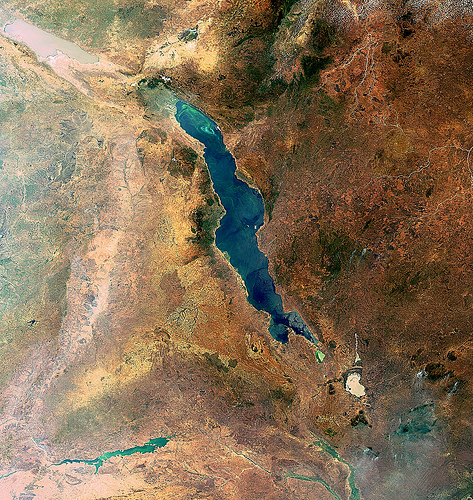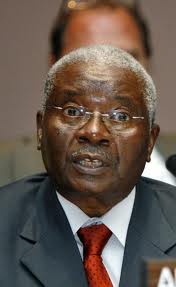Malawi has expressed willingness to resume talks with Tanzania to resolve a protracted territorial dispute concerning the border in Lake Nyasa, a senior official with the Ministry of Foreign Affairs and International Co-operation said.
Last week, Malawi announced that it was pulling out of discussions on its border conflict with Tanzania. Malawi President Joyce Banda announced that the development came after Tanzania recently published a new map marking the boundary between the two countries in the middle of Lake Nyasa.
President Banda also claimed that there was alleged intimidation of Malawian fishermen on the lake. “We are pleased that Malawi authorities have decided to go back to the negotiation table,” the official said.
He said the Minister for Foreign Affairs and International Co-operation, Mr Bernard Membe and his Malawian counterpart, Mr Ephreim Mganda Chiume, have been on consultations on resumption of the talks.
“Talks are likely to resume from October 27, this year,” the officials said, but declined to be named and give more details. Mr Membe said earlier this week, the recently published map was aimed at showing new administrative areas in Tanzania following creation of new regions and districts, dismissing claims that it was meant to provoke Malawi or derail the talks.
On alleged intimidation of fishermen, the foreign affairs ministry officials said there was a crackdown on illegal fishing activities on the lake recently and seven people, including two from Malawi were arrested for violating regulations. He said these people were using banned fishnets contrary to regulations. “This is not the case of intimidation, it is violation of regulations,” he said.
A year ago, former Malawi President Bingu Wa Mutharika, awarded oil exploration licences to UK-based Surestream Petroleum to search for oil in Lake Malawi (known as Lake Nyasa in Tanzania). In July, Mr Membe asked Surestream Petroleum to postpone any planned drilling on the lake.
Lake Malawi contains more than 2,000 different fish species, attracting scuba divers and environmentalists are concerned that oil exploration will disturb its freshwater ecosystem. Malawi claims it owns the whole of Lake Nyasa on the basis of a 1890 treaty between former colonial powers Britain and Germany which, it says, was later reaffirmed by the Organisation of African Unity (OAU) when the country gained its independence in the early 1960s.
But President Jakaya Kikwete said earlier this month that the Anglo-Germany Treaty that gave Malawi sole ownership of the whole lake was flawed and Tanzania had every reason to demand a review.




